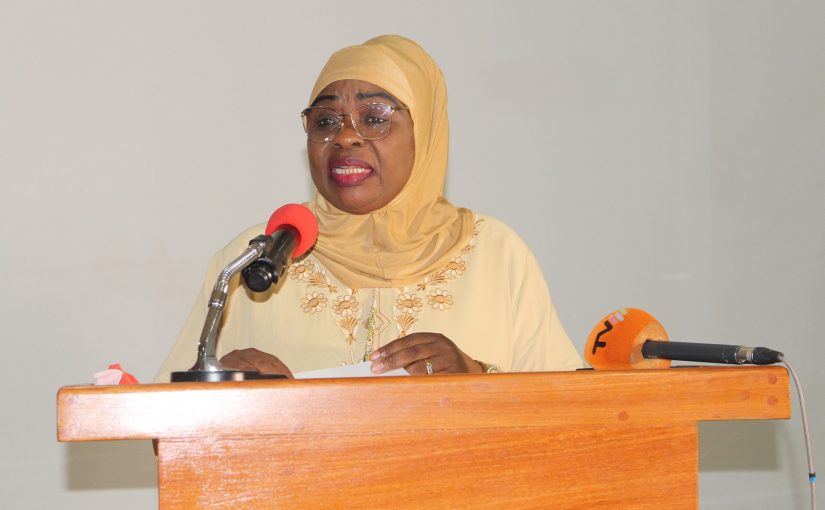Mozambique: Daniel Chapo calls for unity of 'liberation parties' against the far-right in Africa - ...
Use of child labour could lead to banning of Mozambican products

Photo: Ministério do Trabalho e Segurança Social on Facebook
Mozambican Labour Minister Margarida Talapa has warned that the use of child labour could lead to the banning of Mozambican products on the international market.
Speaking on Friday, in the central city of Chimoio, at the opening of a national conference on the elimination of child labour. Talapa said
“While child labour is often regarded as a social problem with mostly economic causes, it is important to note that, in an increasingly competitive market, the use of child labour could lead to the banning of our products, since they will be considered as unfair and damaging competition”.
She praised those Mozambican businesses involved in the struggle to eradicate child labour, noting that “there are few cases of children found working in the formal sector of the Mozambican economy”.
The major challenge, Talapa said, lay in the informal economy, and it was here that communities should play an important role in protecting children.
The Chimoio meeting, the Minister explained, forms part of Mozambique’s preparations for the Fifth World Conference on Child Labour, to be held in May, in the South African city of Durban.
The World Conference, she said, “will provide a global forum for joint reflection and for sharing our experience in fighting the worst forms of child labour, stressing the measures we have been adopting and the challenges we face in eradicating child labour”.
The United Nations’ Agenda 2030 for Sustainable Development set 2025 as the target date for eliminating all forms of child labour. “So we have to step up our pace, aiming at this target”, declared Talapa.
She stressed that the Mozambican government prioritises the education and training of children so that they may obtain decent jobs in the future, contributing to their own well-being and to the socio-economic development of the country.
“Our government also recognizes the importance, for children below the minimum legal age for employment, to undertake activities, as a form of socialization and learning, preparing them for adult life”, she added, “as long as this form of work respects their right, and their condition as children, and is always properly accompanied by an adult”.













Leave a Reply
Be the First to Comment!
You must be logged in to post a comment.
You must be logged in to post a comment.